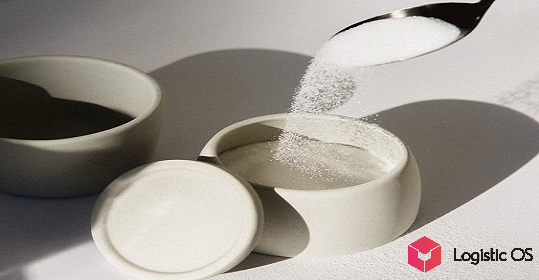Some farmers are in no hurry to sell their products in anticipation of a rise in prices, but it is unlikely to happen in the near future, experts say.
In particular, one can hardly count on a significant rise in grain prices in April-May of this year.
There is only one main reason for this — Russia cannot get rid of the huge carry-over stocks left over from last season.
As noted in the Russian Grain Union, their volume is 10-12 million tons higher than last year. Against this background, there are even problems with storage.
But the most important thing is how to sell such a large crop against the backdrop of difficulties that continue to arise due to sanctions.
According to Dmitry Rylko, Director General of the Institute for Agricultural Market Studies, in the current situation, it is unlikely that wheat prices will rise in the next 2 months.
Now they are holding at the level of 13,500 rubles per ton.
In addition to large Russian stocks, the price is also weighed down by expectations of a good harvest in Europe this season.
By the way, the competition between Russian and European wheat is becoming more and more noticeable. And this, unfortunately, is another factor that can negatively affect prices.
What can fix the situation?
Now the prospects for the Ukrainian grain deal are unclear.
On the one hand, May is coming soon, during which a decision should be made on its further extension. There are indications that Russia may not do so, although it is too early to say for sure.
On the other hand, some EU countries are already closing their borders from Ukrainian grain.
There is talk both about the fact that it does not meet the quality criteria, and that the local authorities are protecting their own producers.
One way or another, but the more countries prohibit the import of Ukrainian grain, the greater the threat to the markets of the remaining countries, which can cause a chain reaction and completely block access to Europe for this product even without Russia’s participation.
In this case, there are prospects for prices to start rising.
Also, Russian farmers are still counting on the fact that the Ministry of Agriculture will decide at the end of June to reduce the export duty.
In this case, although prices will not rise, the marginality of farmers will increase, who will be able to receive more money from each sold ton.
At the same time, their marginality is currently a very important issue, as it may cast doubt on their desire to achieve a large harvest this year.
In this case, too, a rise in prices is inevitable, as the pressure of a high yield on the market will decrease.

